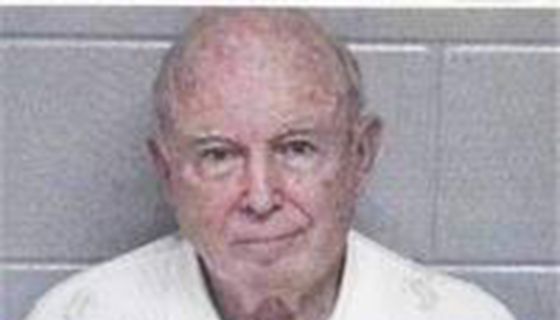Search the Community
Showing results for 'frank james' in content posted by richardmurray.
Found 8 results
-
Title: In Appreciation of James Webb
Artist: GDBee < https://gdbee.store/ >
Prior Post
https://aalbc.com/tc/profile/6477-richardmurray/?status=2013&type=status
GDBee Post
https://aalbc.com/tc/search/?q="gdbee"&quick=1&type=core_statuses_status&updated_after=any&sortby=newest
-
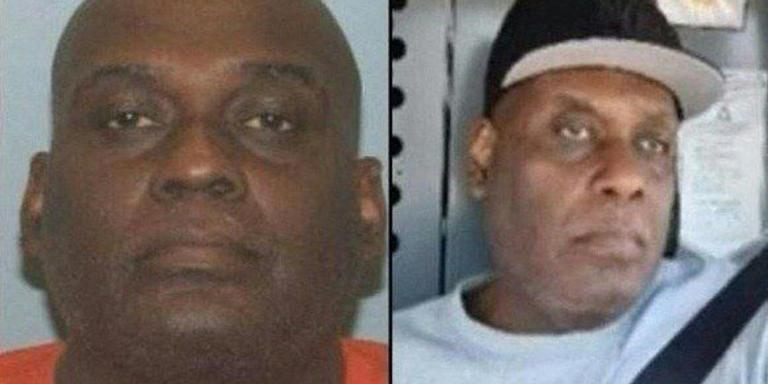
I don't know if Frank James was the shooter in the subway, but if he was, he offers an interesting query challenge.
NYC's black community always had black people in it, who love to suggest a usage of violence is incorrect. The reason why is complicated, it isn't merely about right or wrong. But, one of the juxtaposes between white controlled media of nyc /the black church in the black community of NYC/black employed class in NYC is the idea of gun violence in the Black community as something of youth. The narrative is, the youth must get the violence out of them. But, Frank James is sixty something years old. Frank James was an elder teen in the 1970s. So Frank James is not a Black person who is without a decades long look at the Black community in NYC, in NYS, in the USA and with that a high potential for a very honest while negative appraisal of many things in this area.
Many will suggest mental imbalance, as in NYC that is suggested for anyone who is violent. From white media to many or most black homes in NYC, mental dysfunction or imbalance is always the reason behind any violence as if, being violent can not be from a mentally sane person, which of course is a lie.
A FORUM POST
- Show previous comments 6 more
-

@Stefan It all boils down to a simple question.
Is the Black Individual free to do as they want in the USA today? For many black people, I don't think most but I can be rong, in the usa the answer is yes. I say this with offline conversations in mind side other Black folk in the usa. Sequentially, if you are Black in the usa and you feel the Black Individual is free to be in the usa, then you may view the power of the White collective is between nonexistent/mute/irrelevant.
White power is not an individual force. It is collective, and thus the only way Black people can defend themselves from it is with Black power. but Black power requires a Black communalism/collectivism that by default is against how many Black people in the USA interpret being an individual in the USA.
-
Dude, please stop using that word sequentially. Because you're employing it incorrectly.
And cut down on your word count. Stop insulting your readers as if they are completely clueless about the world.
You honestly sound as if you are speaking to fourth graders or folks who were magically transported here from a hidden jungle or a cave. -

-
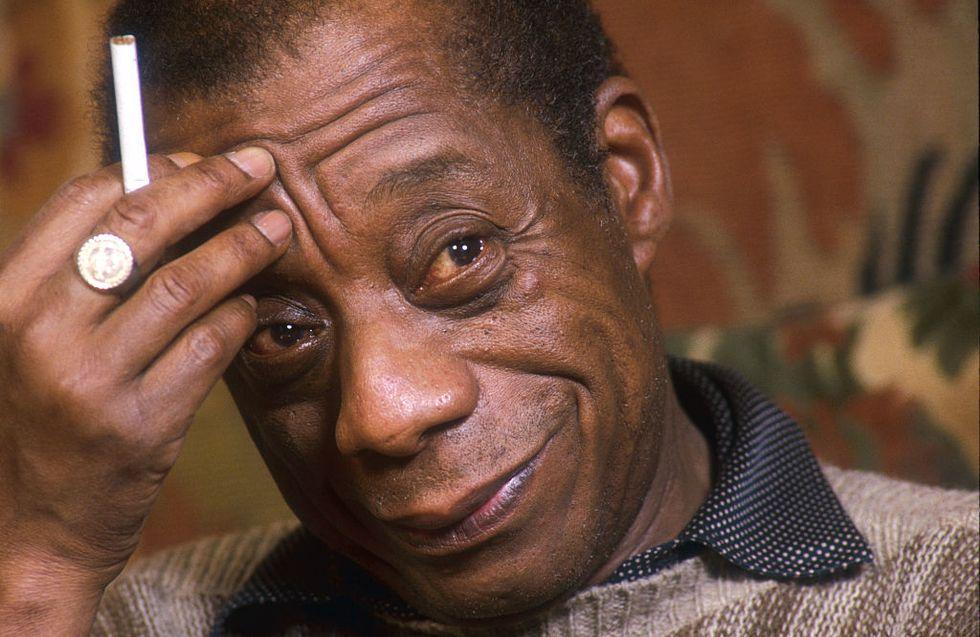
Watch a Never-Before-Aired James Baldwin Interview From 1979
Buried by ABC at the time, the segment reveals a unique glimpse into Baldwin’s private life—as well as his resounding criticism about white fragility, as blisteringly relevant today as it was in 1979.
By Adrienne Westenfeld < https://twitter.com/adriennemwest >When Lovett received the assignment, he was excited to meet one of his heroes: “I had been reading [Baldwin] since I was a teenager. I thought he was brilliant and brave and speaking to the moment of history that we were all living in. I was thrilled; I was beyond thrilled.”
Lovett and his crew arrived early, woke Baldwin, shared breakfast with him, and rolled the cameras before Baldwin, a heavy drinker, had a chance to imbibe. “He hadn’t had a drop to drink and he was brilliant, utterly brilliant,” Lovett said. “We couldn’t have been happier. He was such an eloquent, masterful speaker, with such a great mind. It was such a privilege.”Conducted by the late Sylvia Chase, the interview took place at 137 West 71st Street—the Manhattan apartment building Baldwin bought for himself and his family in 1965, following the success of his early books. It showcases rare footage of Baldwin relaxed and gregarious at home, surrounded by a large and close-knit family. In a private conversation with Baldwin’s mother, Emma Berdis Baldwin, in the kitchen of her apartment, Chase asked if she always knew that her son would be a wildly successful writer; Baldwin's mother responded, “I didn’t think that. But I knew that he had to write.”
The segment also takes viewers behind the scenes of Baldwin’s play, The Amen Corner; during a rehearsal for the Lincoln Center production, Baldwin is shown beaming as he watches the performers. The production was produced and directed by Val Gray Ward, founder of Kuumba Theater, who is featured in the clip along with her Kuumba cast. To see Baldwin laughing and smiling in the thick of rehearsal is a welcome, joyful sight. Yet it’s his words about white fragility and white fear that rise above the 1979 milieu, remaining achingly relevant all these years later.“White people go around, it seems to me, with a very carefully suppressed terror of Black people—a tremendous uneasiness,” Baldwin said. “They don’t know what the Black face hides. They’re sure it’s hiding something. What it’s hiding is American history. What it’s hiding is what white people know they have done, and what they like doing. White people know very well one thing; it’s the only thing they have to know. They know this; everything else, they’ll say, is a lie. They know they would not like to be Black here. They know that, and they’re telling me lies. They’re telling me and my children nothing but lies.”
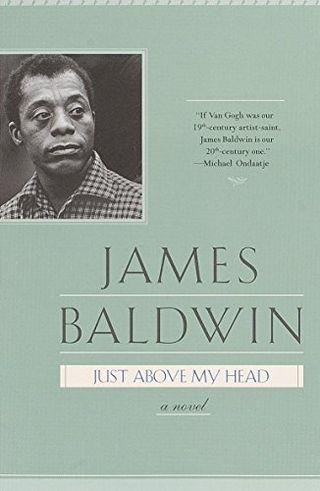
The far-ranging interview was a resounding success, and Lovett was eager to see it air. Yet as he was called away on other assignments, including interviewing Michael Jackson, nothing came of the Baldwin segment. When he inquired about the delay, ABC reported that it had been scrapped, because, “Who wants to listen to a Black gay has-been?”“I was stunned,” Lovett said. “I was absolutely stunned, because in my mind, James Baldwin was no has-been. He was a classic American writer, translated into every language in the world, who would live on forever, and indeed he has. His courage and his eloquence continue to inspire us today.”
In a portion of the segment filmed at the Police Athletic League’s Harlem Center, Baldwin addressed a group of student reporters, telling one young student, “Nobody wants a writer until he’s dead.” Uncovering this interview over forty years later, Baldwin’s unnerving words seem frighteningly prescient. Lovett will discuss the 20/20 segment further on June 24 at 8:00 PM, when he moderates a free virtual panel titled James Baldwin: Race, Media, and Psychoanalysis, featuring psychoanalysts Annie Lee Jones and Victor P. Bonfilio, as well as Aisha Karefa-Smart, Baldwin’s niece. RSVP here to help Baldwin’s legacy live on.
-
James Baldwin’s Advice on Writing
BY MARIA POPOVAIn 1989, Paris Review founding editor and trailblazing interviewer George Plimpton edited a wonderful collection titled The Writer’s Chapbook: A Compendium of Fact, Opinion, Wit, and Advice from the 20th Century’s Preeminent Writers (public library) < https://www.worldcat.org/title/writers-chapbook-a-compendium-of-fact-opinion-wit-and-advice-from-the-20th-centurys-preeminent-writers/oclc/19130744&referer=brief_results > . Among them was novelist, poet, essayist, and playwright James Baldwin (August 2, 1924–December 1, 1987), whom Plimpton had interviewed on two separate occasions in early 1984, half a century after Baldwin read his way out of Harlem < https://www.brainpickings.org/2015/04/10/a-rap-on-race-james-baldwin-reading/ > and into the pantheon of literary greatness.
In a fantastic addition to the collected wisdom of celebrated writers, Baldwin looks back on his formidable career and shares what he has learned about the creative process, the psychological drivers of writing, and the habits of mind one must cultivate in order to excel at the craft.
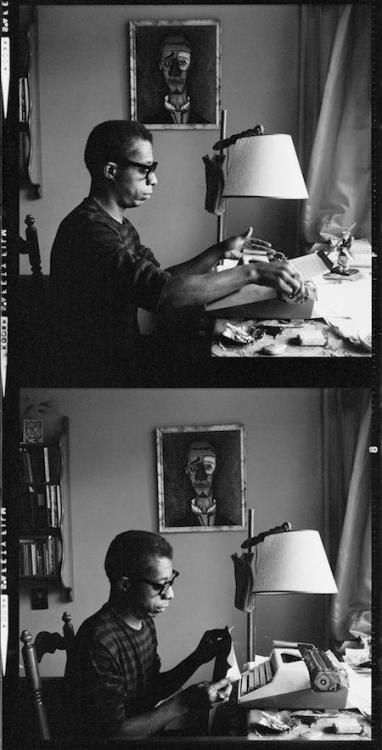
Reflecting on what motivates great writers to write — an enduring question also addressed beautifully by George Orwell, David Foster Wallace, Italo Calvino, and William Faulkner — Baldwin sides with Bukowski and argues that the supreme animating force of the writer is the irrepressible impossibility of not-writing:"Something that irritates you and won’t let you go. That’s the anguish of it. Do this book, or die. You have to go through that. Talent is insignificant. I know a lot of talented ruins. Beyond talent lie all the usual words: discipline, love, luck, but most of all, endurance."
Endurance, indeed, is perhaps the sole common denominator among successful authors. Any aspiring writer, he admonishes, should have no illusion about the endurance required but should want to write anyway. A generation after Jack Kerouac considered the vital difference between talent and genius, Baldwin notes:
"If you are going to be a writer there is nothing I can say to stop you; if you’re not going to be a writer nothing I can say will help you. What you really need at the beginning is somebody to let you know that the effort is real."
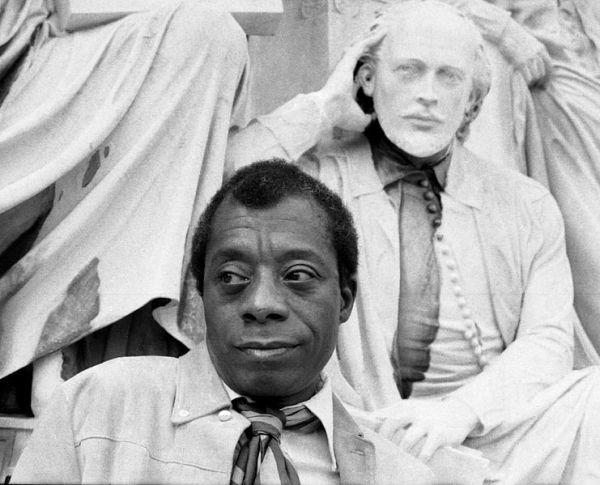
In a sentiment reminiscent of Joan Didion’s observation that she writes in order to gain better access to her own mind, Baldwin speaks to the consciousness-clarifying function of the creative impulse:
"When you’re writing, you’re trying to find out something which you don’t know. The whole language of writing for me is finding out what you don’t want to know, what you don’t want to find out. But something forces you to anyway."
Much of that self-revelation, Baldwin points out, happens not during the first outpour of writing but during the grueling process of rewriting. Echoing Hemingway’s abiding wisdom on the crucial art of revision, he adds:
"Rewriting [is] very painful. You know it’s finished when you can’t do anything more to it, though it’s never exactly the way you want it… The hardest thing in the world is simplicity. And the most fearful thing, too. You have to strip yourself of all your disguises, some of which you didn’t know you had. You want to write a sentence as clean as a bone. That is the goal."
But as essential as that sense of incompleteness may be in guiding the revision process, it must be mediated by the awareness that completeness is a perennial mirage. (Decades later, Zadie Smith would observe in her ten rules of writing: “Resign yourself to the lifelong sadness that comes from never being satisfied.”) Baldwin offers:
"When you’ve finished a novel, it means, “The train stops here, you have to get off here.” You never get the book you wanted, you settle for the book you get. I’ve always felt that when a book ended there was something I didn’t see, and usually when I remark the discovery it’s too late to do anything about it."
Adding to the endlessly fascinating daily rhythms of great writers, which reflect the wide range of differences in the cognitive conditions of the ideal writing routine, Baldwin shares his work habits:
"I start working when everyone has gone to bed. I’ve had to do that ever since I was young — I had to wait until the kids were asleep. And then I was working at various jobs during the day. I’ve always had to write at night. But now that I’m established I do it because I’m alone at night."
Complement The Writer’s Chapbook — a treasure so wisdom-packed that it is a tragedy to see it fall out of print — with Joseph Conrad on what makes a great writer, Willa Cather on the life-changing advice that made her a writer, and Jane Kenyon on what remains the finest ethos to write and live by, then revisit Baldwin on the artist’s role in society < https://www.brainpickings.org/2014/08/20/james-baldwin-the-creative-process/ > and his terrifically timely conversation with Margaret Mead about race and identity. < https://www.brainpickings.org/2015/03/19/a-rap-on-race-margaret-mead-and-james-baldwin/ > Public Library Link < https://www.worldcat.org/title/rap-on-race/oclc/140398&referer=brief_results >
ARTICLE
https://www.brainpickings.org/2016/02/08/james-baldwin-advice-on-writing/


